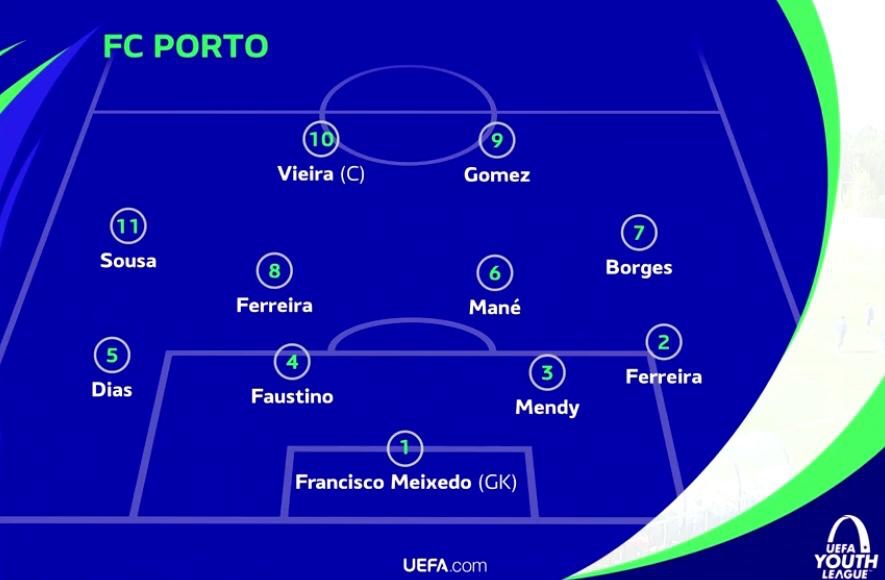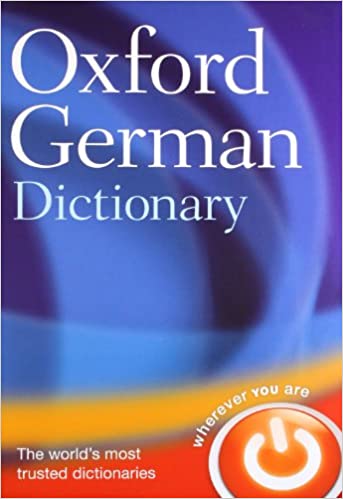The summer international window closed this past Monday and we continued witnessing an increased exodus of American-developed youth footballers signing with European clubs around their 18th birthday. American-developed footballers are gradually opening doors to the next generation and thus have become very attractive to European clubs as their ROI could be huge and the risk is extremely low. That said, in this post we are not analyzing the various reasons for this trend. Instead, we are going to try to contrast some of the advantages and disadvantages if player/family is ever faced with the choice of signing with a small vs big club (in Europe). Ultimately, it’s very situational but below are some aspects to consider:
Advantages of a bigger club
The name of a big football club can be very attractive to start a European career (especially for youngsters); after all, who wouldn’t like to be part of a regular Champions League participant club? It’s important to note that the club name and its reputation were not built overnight. These are clubs who have been in existence for over a century. For comparison, MLS clubs have been around for 25 years and thus are in their infancy when it comes to name and reputation. Even those MLS clubs which have established partnerships with big European clubs have been very intermittently successful placing players abroad.

Money/budget
Bigger clubs frequently have a larger spending budget and thus pay very generously even for a U19 player. However, it is often said that it’s the second professional contract the one that really matter$ but we also know that young players/families oftentimes seek immediate remuneration due to the immense sacrifices getting a player to Europe. It’s also important to note that some of these American footballers/families are giving up upward of 150k in college scholarship money to play in Europe so they want to maximize earnings ASAP. A higher salary is of course only one perk and there are a ton of other benefits that come with signing with a bigger club.
Individual competition:
Thicker wallets allow bigger clubs to sign more international players at every position. A higher density of international players usually translates into more competition. To be clear: The club is ONLY going to sign an international player who surpasses the talent they can find domestically. If your player thrives with top-notch competition, they will not only love positional competition at the big club but also love the team competition faced by playing in higher profile tournaments as a team.

Team competition:
A lot of the bigger clubs have U19 teams who regularly participate in the UEFA Youth League. It’s a version of the Champions League but for U19 players. Johan participated with 2019 UEFA Youth League Champion FC Porto. He had the time of his life. The 2019 UEFA Youth League tournament is where Gio Reyna gained the most exposure playing with Dortmund U19’s and all of us can see where he is at now.

Exposure:
Playing for a big club is not for everyone; a lot of eyes are normally on the player not just during important tournaments but even during practices. Not all players can sustain this type of pressure in a foreign cut-throat environment.
Coaching:
Bigger clubs tend to have larger available staff: Coach, Assistant Coaches, Dietician, Doctor, Psychologist, Trainer, Translator, Team Manager, Equipment Manager, Media Team, etc. If this is important to your player, it should not be taken lightly. Having a supporting staff dedicated to the player’s needs could be a deal breaker for players who are living by themselves, thousands of miles away, in a different culture and for the first time.
Language classes:
Integration/assimilation of the new club/culture is extremely important. Bigger clubs tend to have resources to dedicate to foreign players. Johan was taking Portuguese classes at least once a week his first year. Although he’s not yet fluent in Portuguese, he can read, and speak Portuguese pretty well. His team and cultural integration has been a success due to this perk and obviously because Portuguese is very similar to Spanish.

Watching games remotely:
For the families back in the states, it’s of utmost importance feeling closer to their player. Bigger clubs can achieve some level of closeness via their social media platforms. Some clubs actually have dedicated English-only social media platforms (Porto does not). Others have an application that allows family and friends to watch all games: U19, B, and senior team. At Porto, we are fortunate to watch most of Johan’s games and we are very grateful to the club for that perk.
Administrative:
Bigger clubs have dedicated staff to do very specific tasks. They have personnel to take care of player/family trips back home, legal matters, housing, etc. This type of assistance is invaluable when going to a new country for the first time. During the start of the pandemic, FC Porto’s travel staff seamlessly worked with us to bring Johan home safely among a lot of uncertainty. Also, most bigger clubs have law firms available to answer legal issues such as visa, payroll, taxes, etc. Visa problems for players are inexcusable from the club’s and/or agent’s perspective. No player should ever have to go through what Christian Cappis recently had to endure.
Advantages of a smaller club
The name and reputation of a football club has a lot of weight on players and parents when making their first pro-contract decisions. It’s difficult to turn away an initial opportunity with a big club but statistically, smaller clubs offer immediate playing time which is extremely important to the physical and mental development of young footballers. There’s no worst feeling for a player playing abroad (or domestically) than getting NO playing time. Similarly, some clubs exist to promote players to the first team and then sell them. That would be a good player player/family strategy to seek a bigger club for the second (or later) contract.

Money/Budget:
A smaller club has a more limited spending budget; their ability to pay a “competitive” salary is limited. Some small German clubs only pay what’s indispensable and necessary to live while playing for a U19 side. For some families, this could be a big factor as they try to justify bypassing a hefty college scholarship back home with an uncertain start of a European career. For other families a smaller initial salary could be a blessing in disguise.

Less individual competition
A smaller budget limits the club’s ability to bring an abundance of players which means less competition for your player. By sheer numbers, less competition translates into potentially more playing time AND learning to play multiple positions. Ultimately, this could signify a faster path to a first team debut.
Team competition:
In Germany, at the U19 level, there’s a competition called Pokal which is a competition among mostly teams from the Bundesliga and Bundesliga 2. It’s a national “tournament” with less competition, pressure, and exposure than a UEFA Youth League tournament but competitive nonetheless. Some American-developed players may thrive more under this type of environment with less exposure and pressure.

Pressure:
Having played for Bayern, Dortmund, Barcelona, Real Madrid, Chelsea, Manchester City/United, Benfica, Porto, etc. is a great resume builder for a youngster. However, those are very competitive environments not apt for every player’s development. It’s very cut-throat. Most players need the security of playing week in and week out and thus signing for a smaller club can be more beneficial.
Administrative:
Smaller clubs have fewer staff members that “do-it-all”. Sometimes, this expedites generic transactions wherein those tasks can face delays/red tape in bigger clubs. Knowing the right staff at a smaller club can expedite a mundane task such as shipping stuff from/to home. We have recently struggled with shipping “stuff” back and forth and to be fair, most of it is due to the pandemic.
In the end, whichever club your player ends up signing with, enjoy it. It’s a HUGE deal. The first one is very memorable but statistically, very few youngsters ever stay with the team they first signed with. There will be more signing opportunities. Everyone’s path is very unique. Seek, build, and enjoy your own journey. The aspects of life learned through this journey are bigger than football. That can never be understated.
By the way, if you have 20 minutes give Chum Chat a listen. This week’s guest is another US developed prospect heading to Europe sooner than later: Dante Sealy. Get to know him a little better. Until next time #theGomezway


Great piece! My family and I had the pleasure of meeting your son Johan when my son Gabriel was on trial at Porto. Johan is an Amazing young man, I’m sure you are very proud! All the best to you and your family!!
Teresa
LikeLike
Thank you for reading us. Johan spoke very highly of Gabriel and your family. His fondest memory of your visit is probably when you took him to eat a delicious Mexican dinner. He loved it and wants to take us there when we return. We hope to meet all of you soon. Please let us know if/when you ever come to Dallas. Best of luck to Gabriel; he is in great hands.
LikeLike
Hi I’m 16 years old and I’m a very good striker and I want to sign a contract in Europe and I will pay money thank you
LikeLiked by 1 person